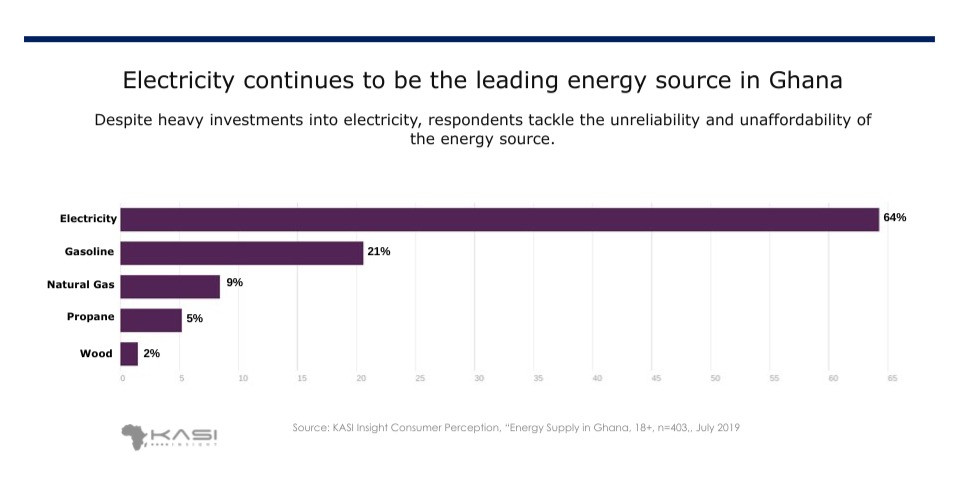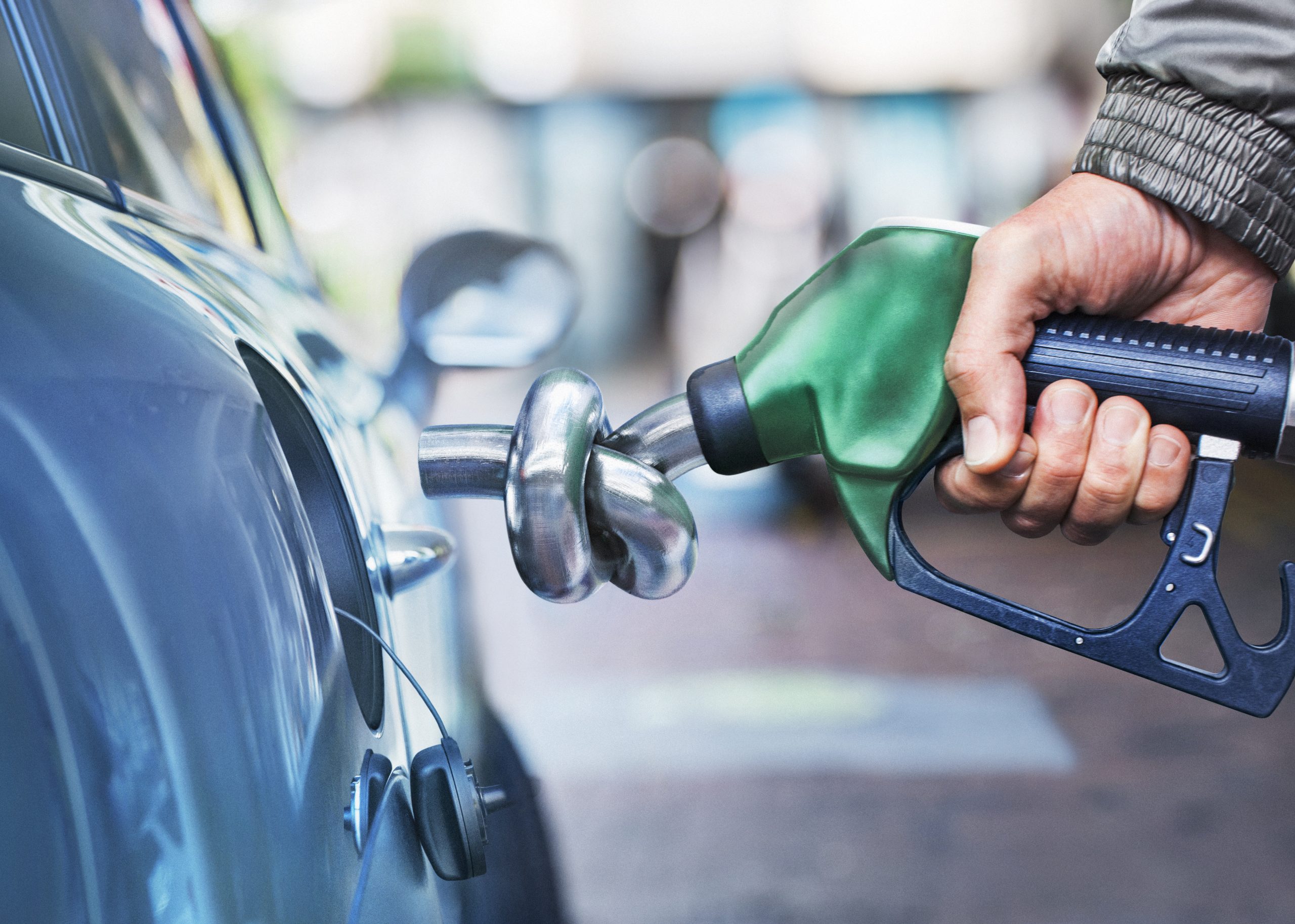Electricity and Gasoline are the primary energy sources for the population of Ghana, however they present notable challenges day-to-day.
Despite Ghana’s investments into electricity generation, 46 percent of Ghanaians continue to have to work around this unaffordable and unreliable energy source.
Ghana’s primary power supply sources continue to be from hydroelectricity at 38%, thermal fueled by crude oil at 61%, natural gas and diesel as well as solar (less than 1%) and imports from Cote D’Ivoire. In particular electricity is one of the key factors necessary for the country to achieve development of the national economy due to the rapid ongoing industrialization.
Ghana has made significant strides over the last 10 years in increasing electricity generation and access, therefore supporting economic growth. Ghana’s economy grew in real terms by 6.67% a year, between 2011-2019 due to the increase in power generation. Despite the growth of this sector, electricity continues to be expensive and not fully reliable.
Kasi study: Energy Supply in Ghana – Consumer Perception Survey, conducted amongst 403 respondents in June 2019, analyzes the attitudes and perceptions towards electricity and determines how this energy source impacts the population’s ability to work, run a business, or maintain a household across a range of demographics.

Responses suggest that at least two sources of energy are utilized daily. From our Kasi study these were mostly electricity and gasoline; 64% of respondents mostly use electricity in their everyday life, while 21% reported the use of gasoline. With electricity having a higher response rate for which source was most considered for energy use, it is critical to evaluate how this source in particular is perceived by Ghanaian.
46% of respondents felt that electricity was only ‘slightly reliable’, while 14% felt that electricity was ‘not at all reliable’. These numbers are very significant and present a sense that while electricity generation has increased, it is simply not a fully reliable source. This therefore presents additional challenges for the country’s economic growth. If electricity is only slightly reliable, or not reliable at all, then the population’s ability to work, run a business, or maintain a household is affected to some extent.
Electricity in particular, could present obstacles for businesses in Ghana however there are means to work around these challenges.
Only 2% of respondents did not encounter any issues with electricity, while 30% of respondents felt that the unreliability of electricity, seriously affected their ability to work, run a business and maintain their households. However, more than half the respondents (55%) found that while electricity was unreliable, they were able to find the means to work around this . This could be seen as a somewhat positive outlook towards the unreliability of a critical energy source, however, it could also suggest that energy sources do present an obstacle to the growth or beginning of businesses. Especially in the industrial sector, such challenges are important to consider and overall for Ghana, and this is also an obstacle that could hinder economic growth in the long-term.

